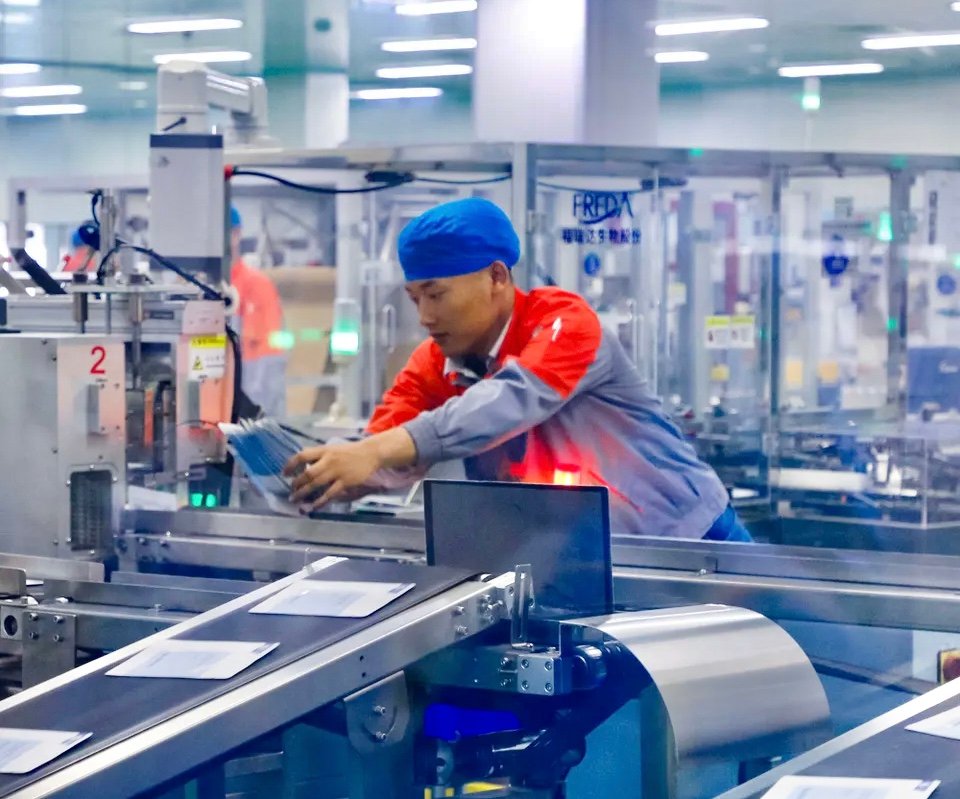The beauty industry is on high alert as President-elect Donald Trump’s proposed tariffs threaten to disrupt global supply chains. With the tariffs looming, beauty brands must adapt quickly to stay competitive in a volatile trade landscape. The tariffs, which could be imposed as early as January 20, 2025, would significantly impact the beauty industry, particularly for companies that rely heavily on imported goods.
The proposed tariffs would result in a substantial increase in costs for beauty companies, which would likely be passed on to consumers. This could lead to a decrease in sales volumes, particularly for discretionary products like cosmetics and skincare. According to the National Retail Federation, Trump’s tariff proposals could increase apparel prices by 12.5%, footwear prices by 18.1%, and toys could see a 55% increase.
The beauty industry is particularly vulnerable to the tariffs due to its reliance on imported goods. Many beauty products, including cosmetics, skincare, and haircare, are manufactured in countries like China, which would be heavily impacted by the tariffs. Companies that import these products would be forced to pay the tariffs, which could significantly increase their costs.
To mitigate the impact of the tariffs, beauty companies are exploring alternative strategies, including reshoring and diversifying their supply chains. Some companies are considering moving their manufacturing operations to countries that would not be subject to the tariffs, such as Vietnam or Mexico. Others are looking to develop relationships with suppliers in these countries to reduce their reliance on Chinese imports.
The tariffs would also have a significant impact on small and medium-sized beauty businesses, which may not have the resources to adapt to the changing trade landscape. These companies may be forced to absorb the increased costs of the tariffs, which could lead to decreased profitability and even bankruptcy.
In conclusion, the proposed tariffs would have a significant impact on the beauty industry, particularly for companies that rely heavily on imported goods. Beauty companies must adapt quickly to stay competitive in a volatile trade landscape, and exploring alternative strategies such as reshoring and diversifying supply chains may be necessary to mitigate the impact of the tariffs.
The beauty industry is not alone in its concerns about the tariffs. The fashion and retail industries would also be heavily impacted, with many companies relying on imported goods to stock their shelves. As the tariffs loom, companies across these industries are bracing for impact and exploring ways to adapt to the changing trade landscape.
In the coming weeks and months, the beauty industry will be closely watching the developments in the trade landscape, looking for opportunities to adapt and respond to the changing circumstances. With the tariffs looming, one thing is certain: the beauty industry will be forever changed.
As the beauty industry navigates the challenges of the tariffs, companies are looking to the government for guidance and support. The government has announced plans to provide assistance to companies impacted by the tariffs, but it remains to be seen how effective these measures will be.
In the end, the impact of the tariffs on the beauty industry will depend on a variety of factors, including the severity of the tariffs and the ability of companies to adapt to the changing trade landscape. One thing is certain, however: the beauty industry will be forever changed by the proposed tariffs.
Source: Africa Publicity








